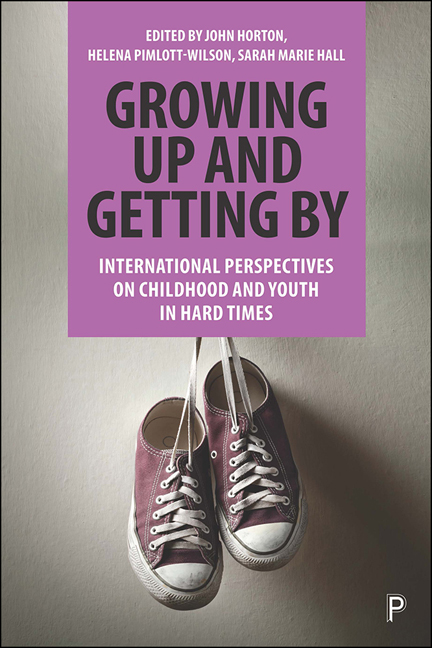3 - Youth migration to Lima: vulnerability or opportunity, exclusion or network-building?
Published online by Cambridge University Press: 18 December 2021
Summary
Introduction
‘The National Governmental “Program [Yachay]” sees that boys and girls develop in a good state and are not on Lima's streets where there are many dangers, much violence, many robberies and many kidnappings … You should keep in mind that in Lima there are bad people that take advantage of these boys and girls and send them to work in the street and on top of that, they can kidnap them to obligate them to continue working. Further, in the street there is a lot of pollution, there are no trees, there are many vehicles, a lot of smoke, and also people who take the little they [the children] have. These boys and these girls, to travel, they miss classes and do not finish the school year. Do you want that for your children or not? Do you love them? Yes? And how do you want them to be when they grow?’ – Program Yachay staff talking to mothers of child migrants. (Chavarray Valiente, 2015: 27)
In 2015, Peruvian media sources brought attention to the ‘plight’ of children who migrated from rural villages during their school vacations to work in Lima and earn money to pay for their school fees. Reports highlighted the risks children faced on the streets and the need to prevent such movements through educating, and if need be, criminalising, the children's parents. Yet, the reports did not examine young people's own assessments of their migration experience or analyse the ways in which migration may simultaneously address and reinforce social exclusion. This chapter explores the experiences of young people who migrate from rural provinces in Peru to Lima, Peru's capital, to earn money to pay for their school fees, help their families, or create other opportunities for themselves. I argue that although migration potentially allows young people to expand their social networks and earn money, changing economic conditions, climate change and static narratives about ‘global childhood’ hinder the effectiveness of migration as a strategy to address poverty and inequality. Furthermore, young people's aspirations and views of poverty may change through migration and in the context of social marginalisation in Lima.
- Type
- Chapter
- Information
- Growing Up and Getting By , pp. 57 - 78Publisher: Bristol University PressPrint publication year: 2021

